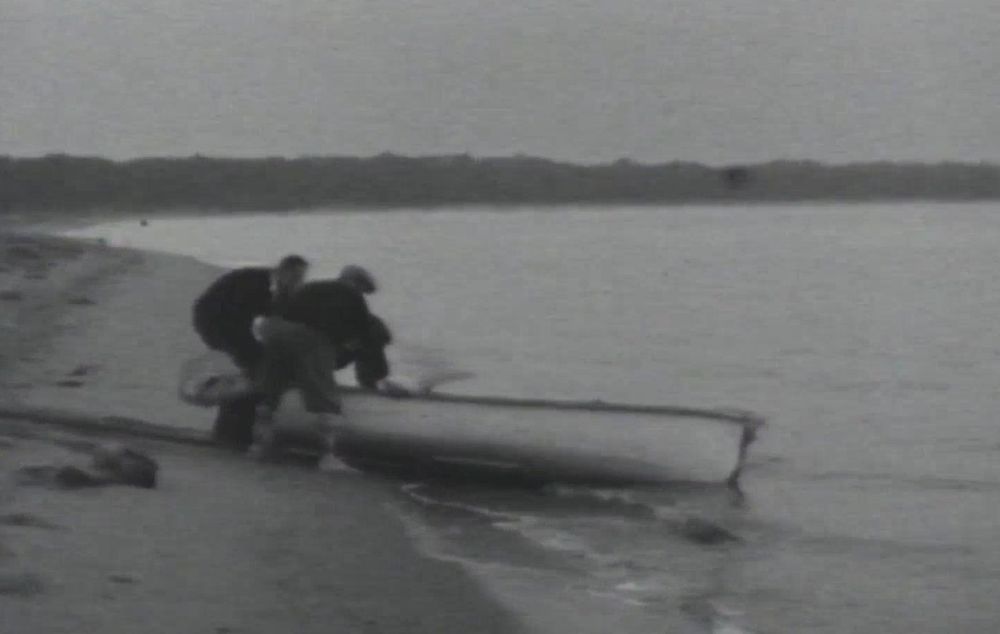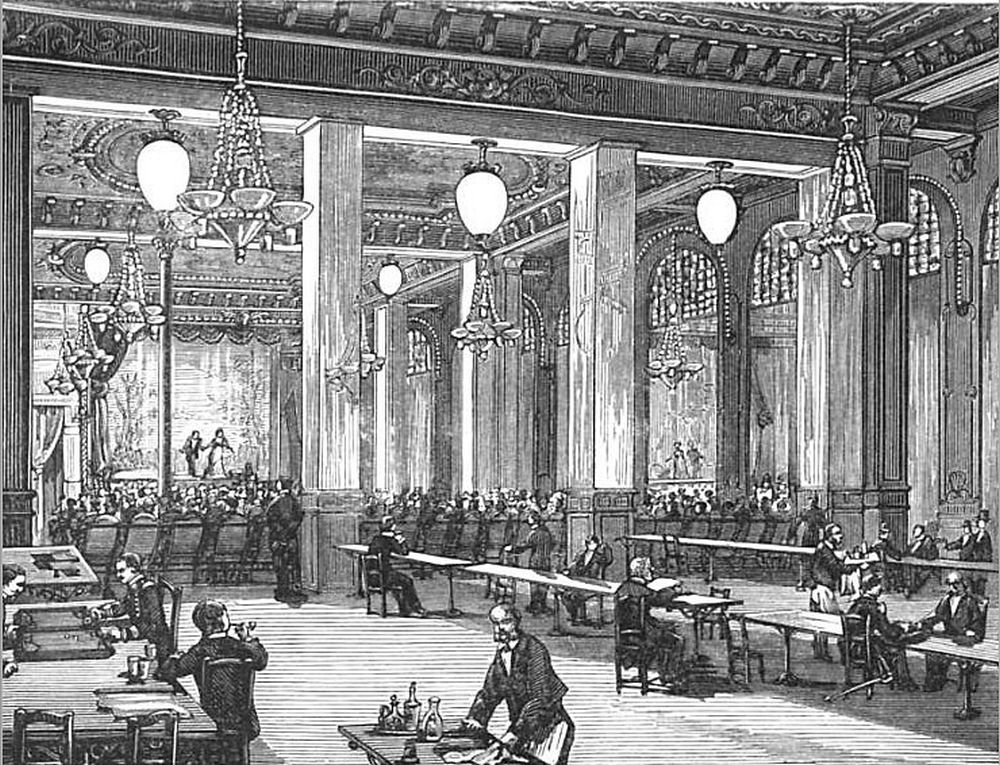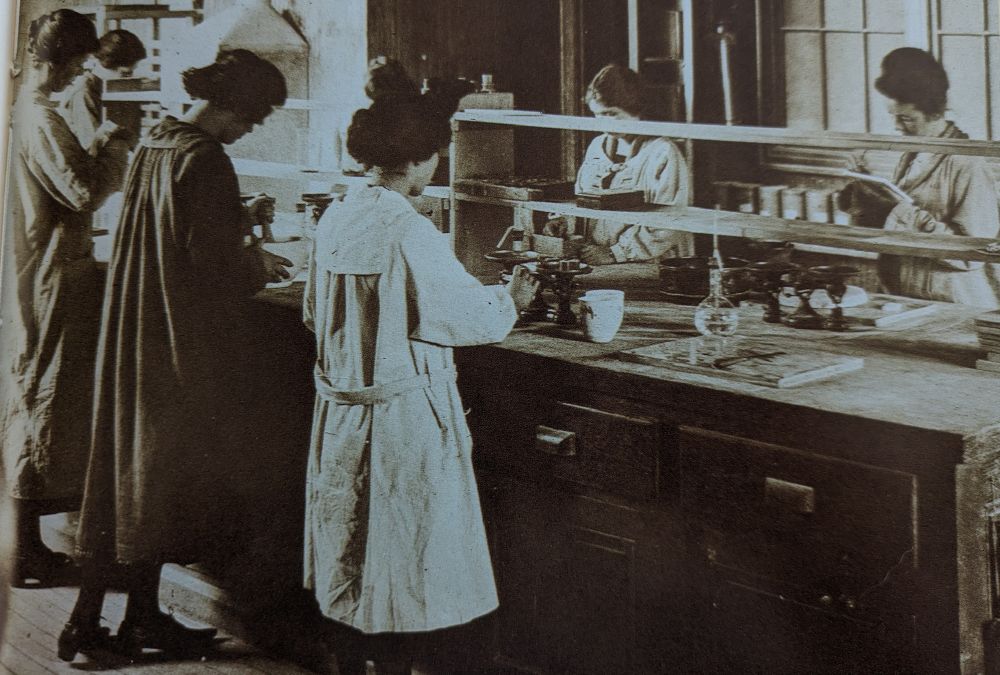[Image above] Screenshot from the overall and biology category winner’s video of the 2022 Dance Your Ph.D. contest. Credit: VU Kinetinis Teatras, YouTube
When communicating science to nonspecialist audiences, it can be difficult for scientists to separate the basics of their science from the underlying math.
Use of linguistic resources such as metaphors and analogies is one method scientists use to help make their science more accessible. However, written communication has its limits—it requires your audience to have a certain level of verbal competency, and it often requires the audience to have good visualization skills as well.
Visual and nonverbal communication methods are thus a great tool for scientists when describing their science, as these methods can address some of the limitations with written communication. Learning how to use visual and nonverbal communication methods for public outreach, though, can be challenging, which is why the Dance Your Ph.D. contest offers such a great opportunity for students.
Dance Your Ph.D. is an annual contest run by the American Association for the Advancement of Science and Science, the peer-reviewed academic journal of AAAS. Former Science correspondent John Bohannon created the contest in 2008, and his new employer—artificial intelligence company Primer—now sponsors the contest.
Dance Your Ph.D. is a chance for scientists to interpret their Ph.D. theses through movement rather than the traditional formats of PowerPoint presentations or academic journals. The contest is divided into four categories—biology, chemistry, physics, and social sciences—and videos of each performance are judged by a panel of dancers, scientists, and artists.
The 2022 winners of Dance Your Ph.D. were recently announced. View the winners of each category below, and perhaps be inspired to submit your own research next year!
Overall winner and biology category winner
Povilas Šimonis, Lithuania’s Center for Physical Sciences and Technology and Vilnius University, “Investigation of yeast cell responses to pulsed electric field treatment”
Povilas Šimonis is a Lithuanian scientist who investigated how yeast behaves when pulsed with electricity for his Ph.D. thesis. Electric shocks can help open yeast cells’ membranes, inactivate the cells, or make the cells more efficient.
In a Science article, Šimonis explains that while much of his time is spent prodding at cells in the lab, “My parents are music teachers, my fiancée and brother are professional actors, and I spent many years performing in theater so many of my friends are artists.”

Chemistry category winner
Mathilde Palmier, University of Bordeaux, “Understanding the aging bone biology: focus on osteocytes”
Mathilde Palmier is a Ph.D. candidate in cellular biology and physiopathology who is studying the biology of aging bone at the University of Bordeaux. Her university issued a congratulations on LinkedIn following the announcement of the 2022 contest winners.

Physics category winner
Xiaohan Wu, Harvard University, “Probing cosmic reionization using the Lyman-alpha forest and the cosmic microwave background”
Xiaohan Wu is a graduate astronomy student who studied the epoch of reionization, a period about 12 billion years ago when the first stars and galaxies began to form, for her Ph.D. thesis.
As explained in a Harvard–Smithsonian Center for Astrophysics article, Wu plays one of many photons that are emitted from the first star in her choreographed dance. Wu learned to dance when she was very little, but she took a lengthy hiatus and only picked it up again a few years ago.

Social sciences category winner
Senka Žižanović, University of Zagreb, “Active learning as a didactic-methodical paradigm of contemporary teaching”
Senka Žižanović is an assistant professor at the University of Osijek in Croatia. The video she submitted for the contest is based on her Ph.D. research at the University of Zagreb, which she defended in 2018.
A translated SiB.hr article says that Žižanović’s entry is the first time someone from Croatia participated in the contest.

Author
Lisa McDonald
CTT Categories
- Education
Spotlight Categories
- Member Highlights


